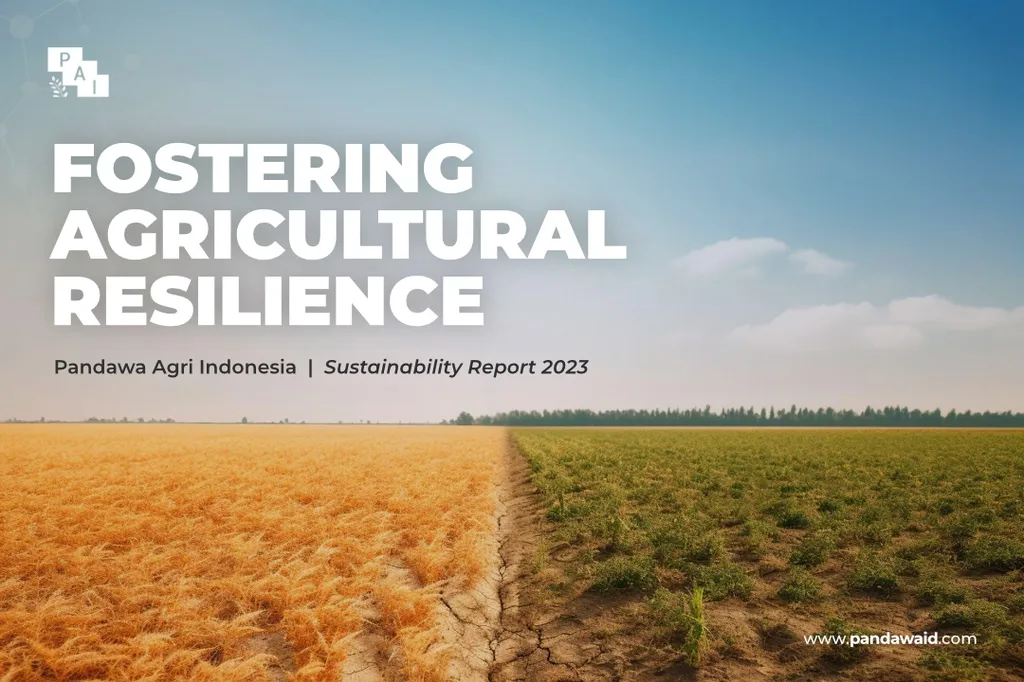In the ever-evolving landscape of global business, the need for resilient investment strategies has become paramount, especially in sectors like agriculture, forestry, fisheries, and biodiversity. A recent study published in the ‘BIO Web of Conferences’ (translated as ‘BIO Conference Proceedings’) sheds light on how Value at Risk (VaR) and dynamic hedge allocation strategies can fortify socio-economic resilience and business funds, offering a beacon of hope for sustainable growth.
Led by Basuki Abdullah from the Department of Management at Bogor Agricultural University, the research underscores the importance of managing asset allocation to withstand various socio-economic conditions. The study, which analyzed marketable security data from 2018 to 2024, provides a compelling case for the use of VaR in recommending asset allocation positions.
The analysis during the Covid-19 crisis revealed that the Indonesia Composite Index, based on the VaR measurement, had a closing price of 3,938 at a confidence level of 0.0035%. The maximum expected loss at the 1% confidence level was 4,976. However, by implementing a dynamic hedging strategy, losses from the lowest point of 3,938 could be limited to 4,747, a difference of 810 points. Moreover, the systematic risk caused by volatility was successfully reduced from 1.69% to 0.93%.
“This study concludes that VaR can be used to recommend positions for asset allocations. Additionally, implementing portfolio insurance strategies has proven effective in reducing the risk of fluctuations, particularly during crises and financial disasters,” said Basuki Abdullah.
The implications of this research are far-reaching, particularly for the energy sector, which is increasingly focusing on sustainable growth and resilience. By adopting VaR and dynamic hedge allocation strategies, businesses can not only improve their financial health but also promote sustainable business fund value and achieve long-term financial community resilience.
As the world grapples with the aftermath of the Covid-19 pandemic and looks towards a future fraught with uncertainties, this research offers a robust framework for strengthening socio-economic resilience. It is a timely reminder that in the face of adversity, strategic asset allocation and risk management can be powerful tools for safeguarding business funds and fostering sustainable growth.
The study, published in the ‘BIO Web of Conferences’, serves as a valuable resource for policymakers, business leaders, and investors seeking to navigate the complexities of the global market and build a more resilient future.

